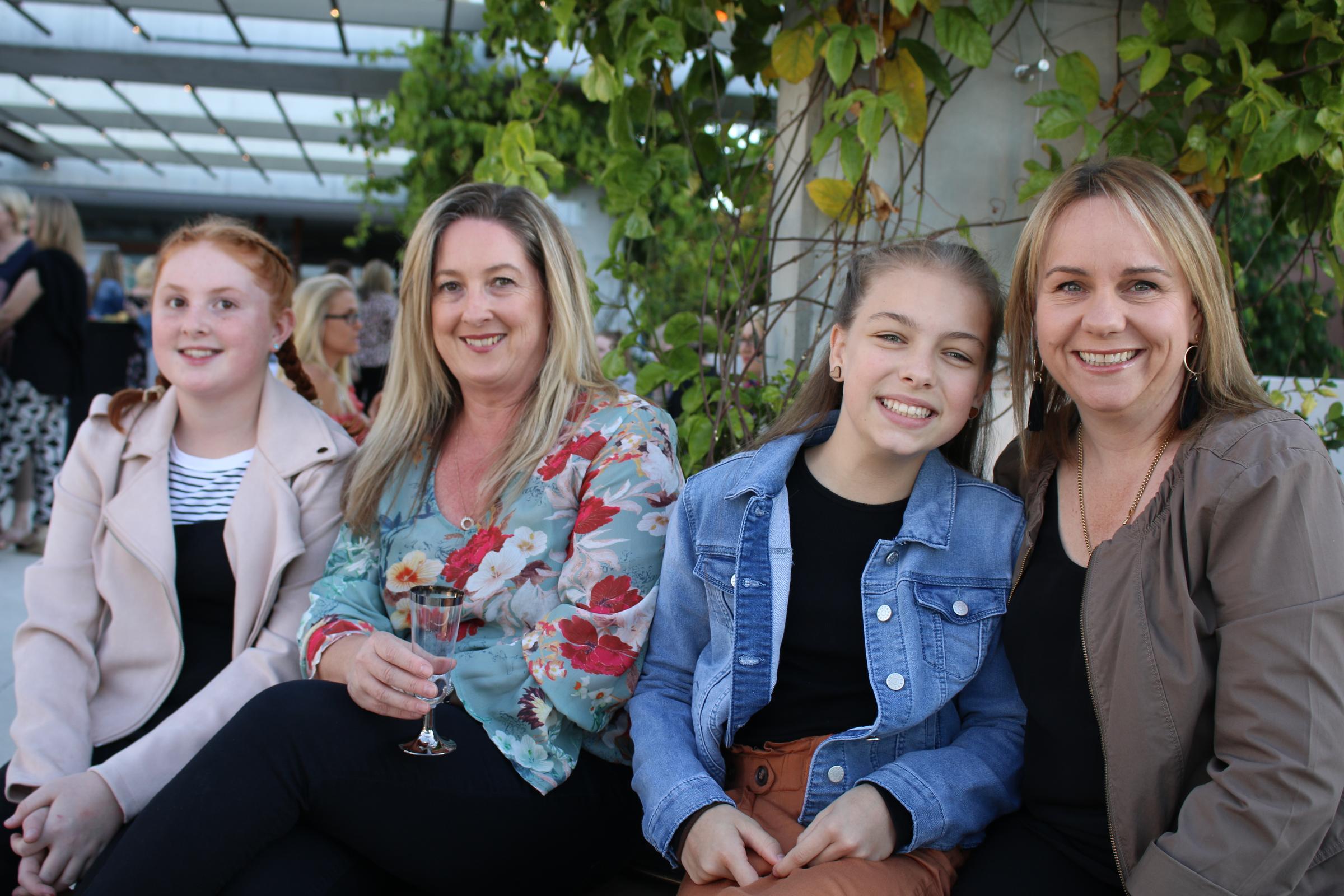Counsellor's Corner

The focus of this week’s article is to help you to build your daughters' resilience and to assist you in effectively communicating with them.
Many of you are beginning your parenting journey with an adolescent. Quite often adolescence is viewed as a difficult time and a time of conflict and as parents we should be ready for this and the ensuing battle ahead.
With this mindset it may seem that as a parent we are working at trying to cure or fight against adolescence itself, where rather we should focus on loving and enjoying our adolescent. As parents we will experience the ongoing tension between our teens trying to enact change, where we as parents are wanting them to stay the same. It is important to remember that rifts do not allow growth for our adolescent or our new emerging relationship. Allowing them to grow and make mistakes is important in building resilience.
The experience of being an adolescent today is vastly different from many of our own adolescent experiences. Adolescence is a time where young people strive to be individual and yet still want to experience togetherness in the family. The adolescent is trying to be independent yet also struggles with this and so very much needs our guidance. This means encouraging the adolescent to develop as an individual so she can be separate enough from the family yet remain connected to the family.
Your kids need to feel they can approach parents/adults where they will not be judged. By avoiding judgment from an adult perspective we can help guide them toward making better choices.
Teenagers can be incredibly sensitive and private, which also means they can also get hurt very easily.
Keep in mind the following the five pillars as recommended by Andrew Fuller (clinical psychologist) and John Hendry (educator). Trust, forgiveness, compassion, integrity, and hope can put us on the right pathway to a stronger relationship with our girls.
As our girls will make many mistakes, parents need to admit they also make mistakes, and that is important in the journey to becoming a resilient adult. We must also accept sometimes we will get it wrong but, if we use this as a guide in our relationship with teens, encouraging them to do the same, then our relationships will be stronger.
Liz Marlay
